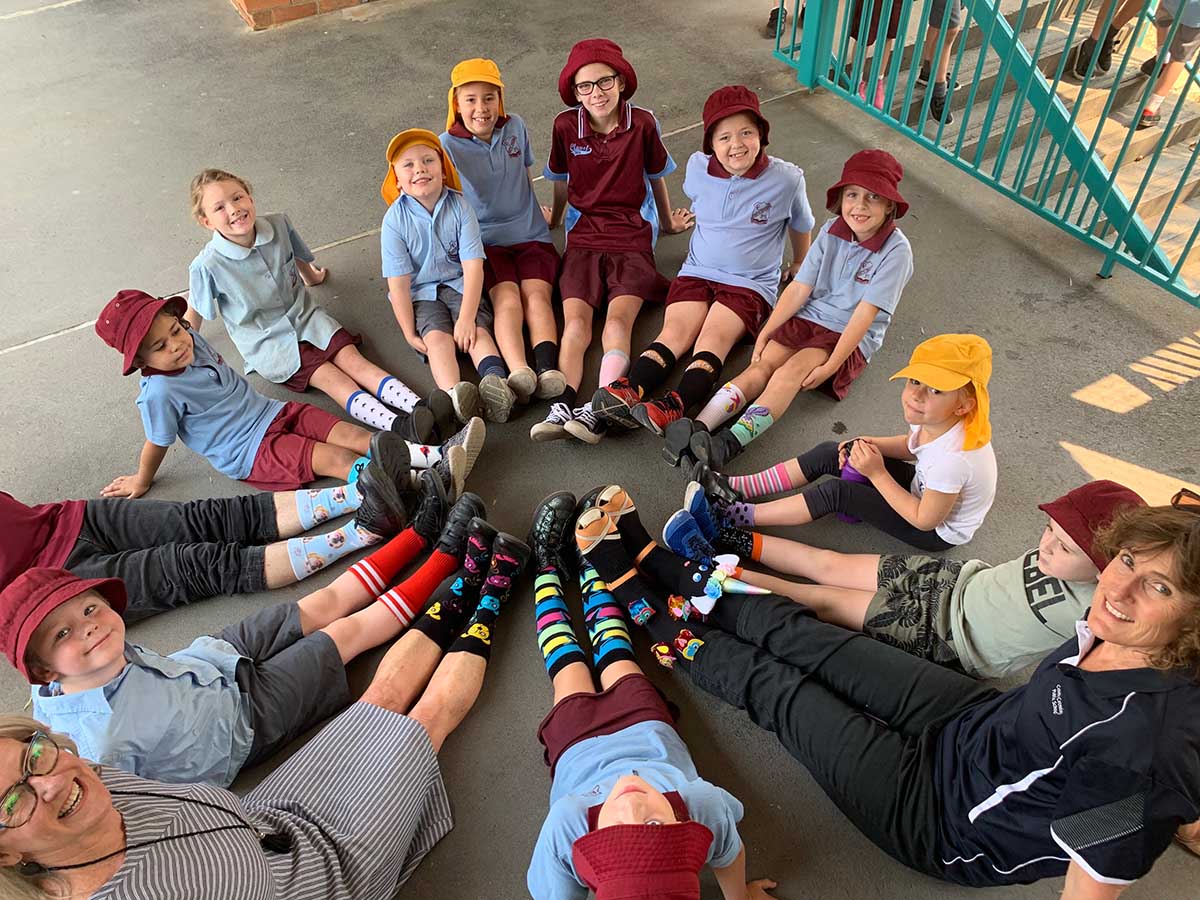“To reverse decline in school standards, focus on teacher training,” says gov
Minister for Education and Youth, Alan Tudge MP, has made the following op-ed statement public:

When asked why Singapore has such astounding success in school education, the Singaporean High Commissioner’s response to me was crystal clear: ‘it boils down to the human capital you recruit.’
Singapore recruits their future teachers exclusively from the top 10% of applicants and trains them at a single, highly regarded institution with a sole focus on making them ready to teach.
Australia used to sit alongside Singapore among the top performing group of nations in education outcomes, but over the last twenty years Singapore has continued to increase their standards while Australia has gone backwards. We have lost the equivalent of a year’s worth of learning.
The average 15-year-old Singaporean school student is now three years ahead of the average 15-year-old Australian in mathematics and 18 months ahead in reading and science.
So how do we turn this situation around?
Through the human capital we recruit.
Recruiting exceptional talent and training them in evidence-based practices is not the only thing that leads to higher standards in schools, but it is universally regarded as one of the most, if not the most, important thing.
The Grattan Institute estimates that recruiting a higher-achieving teaching workforce would boost the average student’s learning by 6-12 months – almost entirely reversing the two-decade decline in our standards
We are lucky in Australia to have some of the most dedicated and hard-working teachers in the world. Every day, in classrooms around the country, these teachers are changing children’s lives. I have nothing but admiration for our teachers, particularly because of how they have handled the challenges thrown at them during COVID.
But many teachers say they don’t feel well prepared when they enter the classroom and the number of top performing students entering teaching has declined by a third over the last 15 years, the biggest drop of any faculty.
Many teacher education faculties have been infected with dogma and teaching fads, at the expense of evidence-based practices.
The clearest example of this is how students are taught to read. Rather than teaching kids to decode words using phonics, over the last two decades students in teaching degrees were increasingly told that kids should guess words based on the pictures they see and the context.
There is no evidence to support this as the most effective method for teaching kids to read. Indeed, the national reading inquiries of the US in 2000, UK in 2006 and our own in 2005 all clearly conclude that decoding (i.e. phonics) must be systematically taught along with vocabulary and comprehension. Recent research has reinforced these findings.
Twenty years later, the tide has finally begun to turn in schools, but phonics is still not universally taught in initial teacher education courses. To La Trobe University’s credit, they started a short course in phonics recently. Almost overnight, a thousand teachers signed up. This tells me that teachers want to learn best-practice teaching methods. But it is also an indictment on the teacher education faculties that they weren’t taught this to begin with.
It is shameful because the people who are most impacted by poor teaching practices, particularly in regards to reading, are disadvantaged kids who don’t always have the parents at home to fill the gaps, or children who have reading difficulties like dyslexia.
The same can be said in relation to explicit teaching, where the teacher leads the learning, rather than inquiry-based, or ‘child-led’ learning methods. McKinsey analysis shows that a student who is taught predominantly through explicit teaching methods has a 10-month advantage in their learning at the age of 15.
The evidence is clear, but it is still resisted by many in education faculties.
Earlier this year, I launched a review of our teacher training courses and the expert panel has now released its Discussion Paper to seek public feedback.
I am already seeing clear themes from the panel’s initial work.
We must do better at recruiting and training our future teachers.
Evidence-based practices must be taught in our publicly funded universities.
We should have alternative pathways into teaching, including shorter ones, based on successful practices abroad. This will be particularly important to attract some mid-career professionals to teaching as an alternative career, and help address teacher shortages, particularly in maths.
Before I entered parliament, I helped found Teach for Australia, a national non-profit organisation. It attracts outstanding graduates from non-teaching backgrounds and fast-tracks them into teaching in an apprenticeship model after a 6-week induction. It shows that alternative pathways are possible and can produce high quality classroom teachers and school leaders.
We also need a more practical focus in teacher education courses. This is something the old teachers’ colleges got right. We need to get more principals and leading teachers, who are the real experts on effective instruction, involved in training future teachers, rather than just academics and researchers.
In medicine, practitioners are typically the teachers of future doctors and the same principle should apply in education.
All these matters will be discussed and analysed by the expert panel which will report back to me later in the year.
The Government has already taken steps to improve teacher training, including introducing an accreditation system for teaching courses and testing graduate’s literacy and numeracy before entering the classrooms to teach.
But to return to the level of Singapore and the other top performing nations, more needs to be done. This review is a significant step towards this end.







